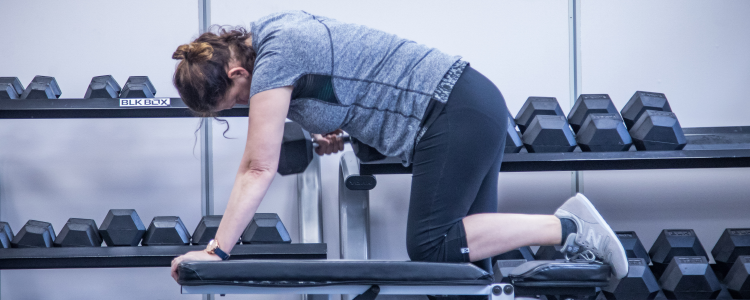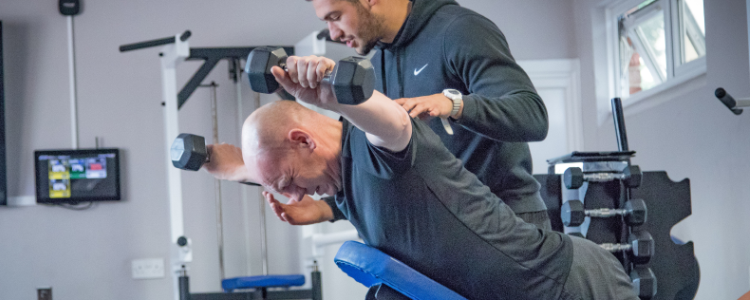Osteoporosis and osteopenia affect over 3 million people in the UK. It is a health condition that reduces your bone density, making bones weaker, more fragile and more likely to break. Most people are only diagnosed with osteoporosis after a fall or sudden bone break, however it actually develops over a number of years.
This actually means that there are a few things things that you can start doing right now in order to help reduce your risk of Osteoporosis for later life! Likewise, even if you have already been diagnosed with osteoporosis, these are still some great tips that will help your bones stay stronger for longer!
NOTE: One group of people who are especially prone to osteoporosis is women who are going through or have been through the menopause. This is due to the body stopping production of oestrogen, which can cause your bones strength to decrease.

ALKALISE YOUR BODY
The simplest and easiest way to reduce your risk of osteoporosis is to introduce more alkali based foods into your diet.
When out bodies are more acidic from the foods we eat, a number of things happen: The acid in your body removes a compound called glutamine from your muscles, degrading and breaking them down.
An acidic diet will also cause a reduction in the calcium levels in your bones, making them weaker and thus more prone to osteoporosis.
In order to counteract this, by increasing the amount of leafy green vegetables you eat as well as certain types of fruit and berries such as blueberries and strawberries, you will reduce the amount of acid in your body by neutralising it with the alkali in these foods. Likewise, foods which conventionally contain more of an acidic content are dominantly more processed foods.
Another surprising (and odd) way to help alkalise your body is actually to put a slice of lime or lemon into your water! Whilst most of us typically think of these as citric acids, when they are in your body, they actually act as a great alkali for neutralising any acids!
Vitamin D is also an incredibly important vitamin for healthy bones because it helps your body absorb calcium. A few great ways to help increase your vitamin D intake are: eat more oily fish – such as salmon, sardines, herring and mackerel and also try taking some vitamin D dietary supplements.
RESISTANCE TRAINING
Resistance training can help with almost every aspect of your life…and bone health is no exception! By introducing resistance training into your routine, you will be progressively building muscle and becoming stronger. The stronger your body is, the less likely that your bones will decrease in density!
It has actually been shown that resistance training is a surefire way of increasing your bone density!
When we say resistance training, we don’t mean lots of long distance running, we mean gradually increasing the amount of resistance that your body can handle. This could be weight lifting, body weight exercises, or using free weights!

So if you want to reduce your risk of osteoporosis and osteopenia, stick to an alkali rich diet and try to incorporate at least 2 resistance based workouts into your week!







